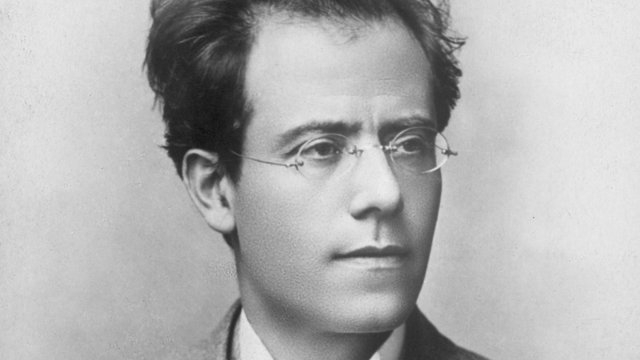Gustav Mahler (1860 – 1911)
Gustav Mahler's life story is remarkable. He was better renowned as a conductor during his lifetime, despite writing some of the best symphonies since Beethoven and being considered one of the most influential late Romantic composers.
After being rediscovered in the mid-twentieth century, Mahler's work gained global acclaim. Due to his Jewish ancestry, his music was banned from being performed throughout much of Europe during the Nazi era. It was considered 'degenerate,' and could only be performed by Jewish musicians for Jewish audiences in Europe.
The world could only recognize Mahler's mercurial brilliance following the intervention of American composer Leonard Bernstein.
He was a bright philosopher who was particularly fond of Friedrich Nietzsche's writings. As a result, his music was equally concerned with death, terror, life, and joy. While this technique may have turned off some audience members in the late 1800s, it now epitomizes his appeal.
Three of his symphonies were voted among the top ten symphonies of all time in a BBC Music Magazine poll of 151 conductors in 2016.
Nationality: Austrian











